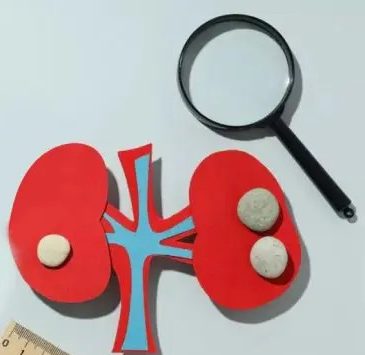Nowadays, there has been a lot of change in the lifestyle of people. With changing times, everything has changed from lifestyle to food habits. However, the effect of changing lifestyle is also visible on health. Nowadays people are struggling with many types of problems. One of these problems is kidney stone, due to which many people are troubled these days.
This is a painful condition, due to which the affected person has to face many problems. So, today in this article we will tell you what kidney stone is and what are its causes and how you can protect yourself from it.
What is a kidney stone?
Kidney stones are crystals that form from minerals, acids, and salts in your kidneys. These can be as small as a grain of sand or barely larger than a golf ball. Kidney stones are also called renal calculi or nephrolithiasis.
Small stones may pass through your urine without causing any symptoms. However, a large kidney stone can become stuck in your ureter. This can cause urine to back up and reduce the kidneys’ ability to filter waste from your body, which can also cause bleeding.
What causes kidney stones?
Your urine contains minerals, acids, and substances such as calcium, sodium, oxalate, and uric acid. When there are too many particles of all the elements in your urine and too little fluid, they can begin to stick together, forming crystals or stones. Kidney stones can form over months or years.
Do these factors increase the risk of kidney stones?
- Not drinking enough water.
- Eat foods rich in sodium or sugar (sucrose and fructose).
- Taking vitamin C supplements.
- There is a family history of kidney stones.
- Blockage in your urinary tract.
- Undergo gastric bypass surgery, stomach or intestinal surgery.
- Taking certain types of medications. These include some diuretics, calcium-based antacids, antiseizure medications.
- Have certain medical conditions.
How to prevent kidney stones?
- What you eat and drink can increase your risk of kidney stones. In such a situation, you can avoid this danger by making healthy diet a part of your daily routine.
- drink plenty of water.
- Eat animal protein in limited quantities.
- Avoid foods high in sugar and sodium.
- Avoid oxalate-rich foods.
- Maintain a healthy weight.
- Eat calcium-rich foods.
- However, avoid calcium supplements or antacids containing calcium.
- Avoid taking medicine without doctor’s advice.
 look news india
look news india
